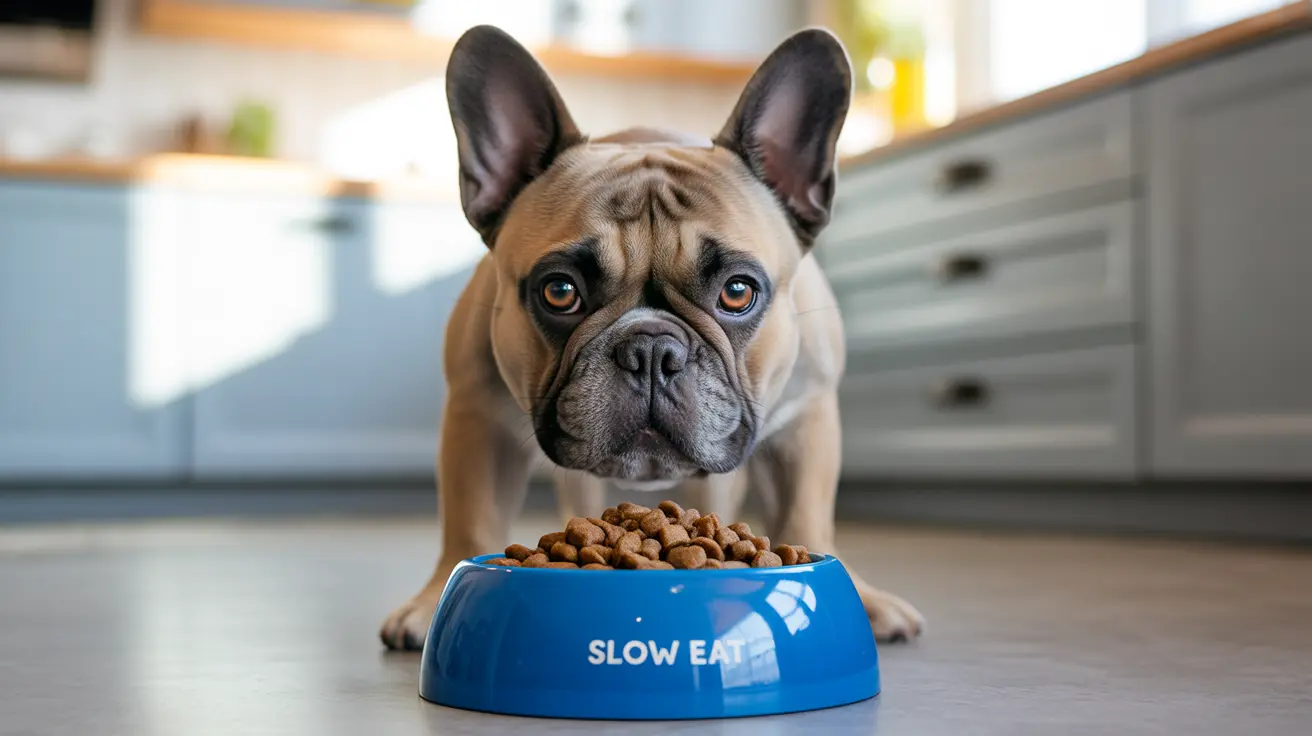If you've ever heard strange noises coming from your dog's belly, you're not alone. Dog stomach gurgling, medically known as borborygmi, is a common occurrence that can range from perfectly normal digestive sounds to potential warning signs of health issues. Understanding these sounds and knowing when to be concerned can help ensure your pet's wellbeing.
While some stomach gurgling is a natural part of your dog's digestive process, excessive or unusual sounds accompanied by other symptoms may warrant attention. Let's explore everything you need to know about this common phenomenon and when it might signal a need for veterinary care.
Common Causes of Dog Stomach Gurgling
Normal Digestive Processes
Your dog's digestive system naturally produces sounds as it moves food, liquids, and gas through the gastrointestinal tract. These noises are particularly noticeable when your pet is hungry or has recently eaten. The mechanical and chemical processes of digestion create these familiar gurgling sounds.
Eating Habits and Air Consumption
Dogs who eat or drink too quickly often swallow excess air, leading to increased stomach noises. This is especially common in competitive eaters or dogs who feel rushed during mealtimes. Using slow-feeder bowls can help reduce this issue.
When Stomach Gurgling Becomes Concerning
Medical Conditions
Sometimes, excessive stomach gurgling can indicate underlying health issues such as:
- Gastrointestinal infections
- Inflammatory bowel disease
- Intestinal parasites
- Food allergies or sensitivities
- Pancreatitis
- Gastrointestinal obstruction
Warning Signs to Watch For
Pay particular attention if stomach gurgling is accompanied by:
- Vomiting or diarrhea
- Loss of appetite
- Lethargy
- Abdominal pain or bloating
- Changes in behavior
- Excessive drooling
Prevention and Management
Dietary Considerations
Proper feeding practices can help minimize stomach gurgling:
- Feed regular, scheduled meals
- Transition to new foods gradually
- Use appropriate portion sizes
- Consider a specialized diet if recommended by your vet
Lifestyle Adjustments
Simple changes can make a big difference:
- Encourage slower eating
- Provide fresh water regularly
- Maintain consistent feeding schedules
- Reduce stress around mealtimes
When to Seek Veterinary Care
While occasional stomach gurgling is normal, certain situations require professional attention. Contact your veterinarian if gurgling persists for more than 24 hours or is accompanied by concerning symptoms. Early intervention can prevent more serious complications.
Frequently Asked Questions
Why does my dog's stomach gurgle loudly, and when should I be concerned?
Loud stomach gurgling can be normal during digestion or when hungry. However, if accompanied by symptoms like vomiting, diarrhea, or lethargy, or if the gurgling is persistent and unusually loud, consult your veterinarian.
How can I reduce my dog's stomach gurgling caused by eating too quickly?
Use slow-feeder bowls, puzzle feeders, or spread food across a larger surface area. Feed smaller, more frequent meals and ensure your dog has a calm, quiet eating environment.
What are common signs that my dog's stomach gurgling is due to a serious health issue?
Watch for accompanying symptoms like vomiting, diarrhea, loss of appetite, lethargy, abdominal pain, or bloating. These combinations may indicate a serious condition requiring immediate veterinary attention.
Can switching my dog's food cause stomach gurgling, and how can I prevent it?
Yes, sudden dietary changes can cause digestive upset and increased gurgling. Prevent this by transitioning to new food gradually over 7-10 days, mixing increasing amounts of new food with decreasing amounts of old food.
How can I differentiate between normal digestive noises and signs of illness in my dog's stomach gurgling?
Normal digestive sounds are usually intermittent and mild, occurring around mealtimes. Concerning sounds are typically louder, more persistent, and accompanied by other symptoms like changes in appetite, behavior, or stool consistency.






